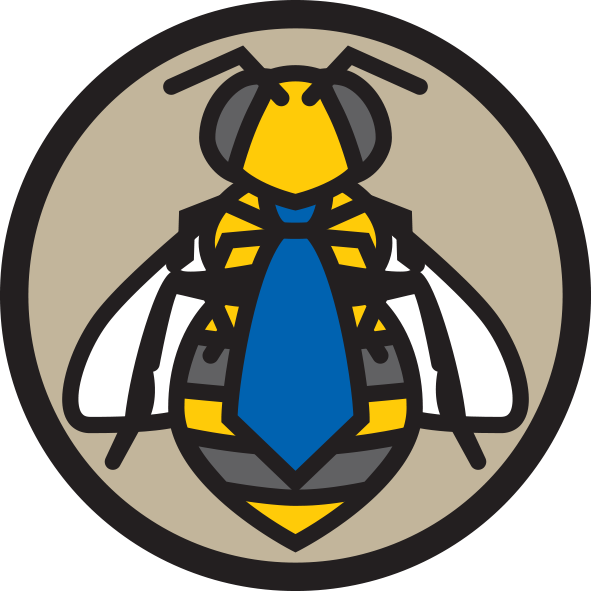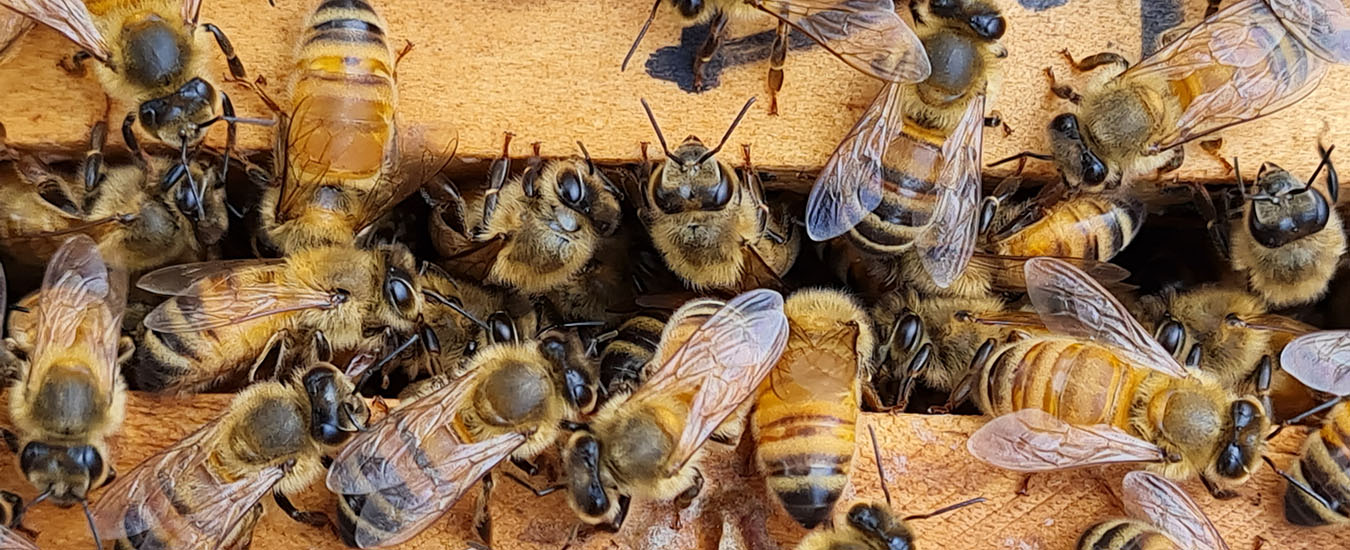Researchers plan to provide bees with immunity-boosting probiotics to increase defence against common infections.
Our team, at Macquarie University, is developing a probiotic treatment to increase honeybee resistance to common diseases. Infectious bee diseases, such as American or European foulbrood and chalkbrood, can cause devastating impacts on crop pollination and honey production. With climate change and invasive bee pests becoming more present, we need to find solutions to protect our honeybees here in Australia. We can’t solve everything, but a generic probiotic would be an important boost to Australian honeybees’ health.
Human probiotics are dietary supplements made from naturally occurring beneficial microorganisms. They seem to help maintain digestive health and boost the immune system. Recent honeybee research suggests that giving bees probiotic supplements may help improve their survival and health too, for example by improving their resistance to and survival during American foulbrood infection (https://www.nature.com/articles/s41396-019-0541-6). In the lab, they have been shown to reduce the amount of pathogens such as American foulbrood and Nosema (https://doi.org/10.3390/microorganisms9030481).
Previous research has only targeted one disease at a time, but multiple diseases can infect a bee colony at the same time. We aim to develop a general probiotic that will raise the overall immunity of bee colonies. Our goal is to improve bee health with the right combination of beneficial bacteria, in a way that beekeepers can easily use to treat their hives.
The research is funded by Australia’s grower-owned research and development corporation, Hort Innovation with contributions from the Australian Government, and co-investment from Macquarie University. The research team, led by Dr Fleur Ponton and including insect and bee experts Associate Professor Ajay Narendra, Dr Théotime Colin and microbe expert Dr Sasha Tetu, will look at a variety of ways to deliver the right probiotic mix to hives. Our team will assemble a collection of probiotic bacteria that will be stored at Macquarie University. In the future, these strains could be tested against new emerging diseases.
Stressors such as pesticides, parasites and diseases affect how well bees pollinate crops because it affects their memory. Bees need to navigate from their hive to flowers and back, which means they need to remember how to find their hive. Gut health affects memory and learning in other animals including humans and our team is interested in finding out how probiotics can impact bee behaviour. Increasing gut health in bees could make them more efficient pollinators and help secure food production for everyone.
Keep up to date!
You can keep up to date on our probiotics project via our website: Honey Bee Probiotics
Acknowledgements:
- Daisley, B.A., Pitek, A.P., Chmiel, J.A. et al. Novel probiotic approach to counter Paenibacillus larvae infection in honey bees. ISME J 14, 476–491 (2020). https://doi.org/10.1038/s41396-019-0541-6
- Borges, D., Guzman-Novoa, E., Goodwin, P. Effects of Prebiotics and Probiotics on Honey Bees (Apis mellifera) Infected with the Microsporidian Parasite Nosema ceranae. (2014). https://doi.org/10.3390/microorganisms9030481
- This article was peer-reviewed by Nadine Chapman and Nural Cokecetin.


